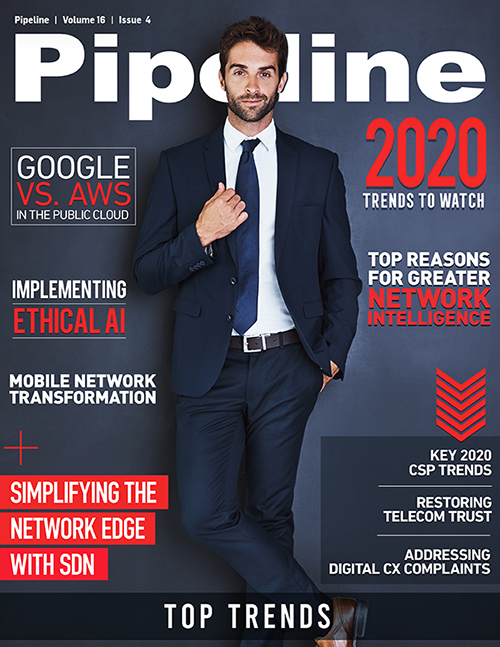Google vs. AWS in the Public Cloud
Security First
Another important factor is security. According to Gartner, through 2020, public cloud workloads will suffer at least 60 percent fewer security incidents than those in traditional data centers. So, in fact, moving your data to the public cloud can offer more security than your own data center.
GCP benefits from the same proprietary security measures that Google employs across all its products, including an investment of more than $3 billion in security for their cloud platform annually. The investment provides telco CTOs assurance that their valuable data is protected.
The data stored in the cloud platform itself, as well as that in transit between Google, its customers and its data centers, is encrypted under 256-bit AES. To further strengthen security, Google’s Cloud Identity and Access Management (Cloud IAM) system provides predefined roles to allow granular access to certain specific GCP resources while preventing unwanted access to others. This is similar to Amazon’s provisions.
Google has gone even further, however, with the development of its own custom microcontroller. Called Titan, it is designed specifically to meet Google’s hardware security requirements and use case scenarios. This secure, low-power chip establishes a hardware root of trust for cryptographic operations in GCP data centers to ensure that a machine boots from a known good state using verifiable code.
In fact, it was this focus on security that saw GCP placed as a leader alongside AWS recently in Forrester’s Public Cloud Platform Native Security Wave. In Google’s own words, “put security first, everything else will follow.”
So, which public cloud features demonstrate superior security? Look for vendors that commit to:
- Layered defense with strong perimeters and surveillance on cloud data centers
- Highly controlled access, preventing any unauthorized partner, vendor, or employee from entering with defense depth controls at every layer
- Encryption at rest by default
- Transparency through frequent third-party certifications and audits
Solid Technology Foundation
Recent research by analyst firm Gartner shows that GCP now outranks both AWS and Microsoft Azure in terms of technical capabilities, which has led to increased adoption by large enterprises worldwide. In addition to security, GCP’s focus on technological details delivers a solution that offers superior customer experience and low latency. Plus, as a pioneer in machine learning and AI, Google has built a platform that enables access to industry-leading predictive analytics.
Moreover, GCP’s open-source Kubernetes system is the most popular solution for managing containerized workloads, providing automated container orchestration and efficient machine management. Integrated with GCP, Google Kubernetes Engine (GKE) allows organizations to easily and successfully implement a container strategy for their cloud workloads.Tailor-made for the Cloud
And, of course, there’s Android, the operating system that runs more than 75 percent of the world’s mobile devices. As Google’s native OS, GCP is fully integrated from the start, a plus for all mobile operators.
Ongoing advances in technology have presented operators with a series of new opportunities, along with the inevitable accompanying challenges. As demand for data continues to grow, new network capacity is required. And as traffic patterns become increasingly unpredictable, new solutions are needed.
AWS is fine for generic enterprise workloads, but as the telecom world wakes up to the need for public cloud, telco CTOs are encouraged by Google—its proven track record, experience, and knowledge supports every aspect of its public cloud offering. And with such size, speed, security, and power behind it, GCP’s reputation for disruption should not be underestimated.



















